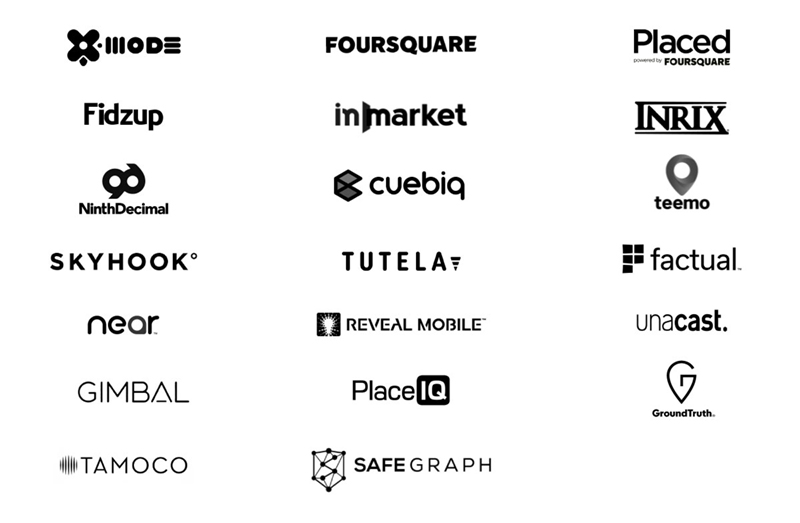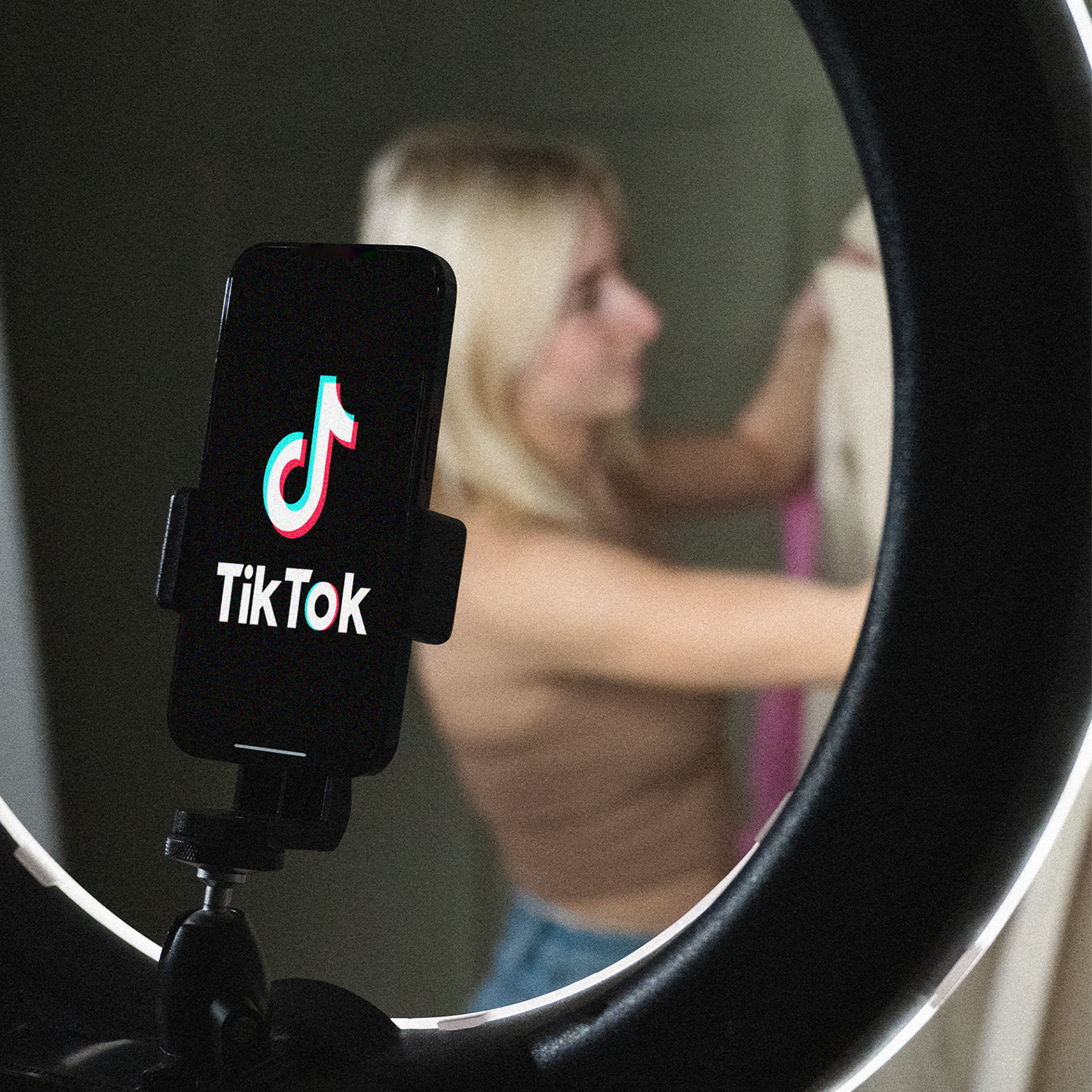We’re under constant surveillance. This fact won’t come as a shock for most people. It’s obvious our phones are listening and tracking our every move. What you’re probably not aware of is the vast amount and variety of organizations that have access to your data. In a perfectly legal way, we have to add.
The New York Time’s “Twelve Million Phones, One Dataset, Zero Privacy” is a lengthy and thorough piece. If you’re a marketer, this will make your heart beat faster: “For brands, following someone’s precise movements is key to understanding the “customer journey” — every step of the process from seeing an ad to buying a product. It’s the Holy Grail of advertising, and one marketer said, the complete picture that connects all of our interests and online activity with our real-world actions.”
Everything else in the article will make your skin crawl. You might be a marketer, but you’re a user as well. We all are. And we have absolutely no control over what happens to our data: “Every minute of every day, everywhere on the planet, dozens of companies — largely unregulated, little scrutinized — are logging the movements of tens of millions of people with mobile phones and storing the information in gigantic data files.”
The NY Times got one of those files from an anonymous whistleblower, “it reveals more than 50 billion location pings from the phones of more than 12 million Americans across several major cities”. The newspaper analyzed it and displayed the result in maps. The picture they paint is terrifying:
“The data reviewed by Times Opinion didn’t come from telecom or giant tech company, nor did it come from a governmental surveillance operation. It originated from a location data company, one of the dozens quietly collecting precise movements using software slipped onto mobile phone apps. You’ve probably never heard of most of the companies — and yet to anyone who has access to this data, your life is an open book.”
That data is supposed to be anonymous, but the authors use it to track Donald Trumps’s secret service agents, high ranking government officials, quasi-famous singer, protesters, and high-school students. The power these databases hold is strong and undeniable. And it can fall into the wrong hands.

Some of the companies in the location-data business.
Data breaches occur every other day
In “I Gave a Bounty Hunter $300. Then He Located Our Phone“, Motherboard says: “The investigation also shows that a wide variety of companies can access cell phone location data and that the information trickles down from cell phone providers to a wide array of smaller players, who don’t necessarily have the correct safeguards in place to protect that data.”
The other argument the companies that trade location data use is that people consent to be tracked. Every time you allow an app to access your location, sometimes even just agreeing to the terms of service, you become fair game. Your data can and probably will be sold, potentially forever.
In “Smartphones Are Spies. Here’s Whom They Report To“, the Times says: “The S.D.K. makers receive user data from that app — potentially over a billion data points each day. And once the companies have legally obtained it, there are few legal restrictions on what they can do with it. Some turn around and sell that data for profit.”
The acronym stands for “Software Development Kits”, readymade code that helps the apps execute certain functions without having to develop it themselves. Of course, every cheat code comes with a price. And we all pay it. The price is the tracking of every one of your moves.
“By design, it’s often nearly impossible to know which companies receive your location information or what they do with it.”
Data buyers
Everybody with the money to buy it, can. But, you might ask, who exactly is the client? Besides bounty hunters and spies, it’s us, the marketers: “The advertising ecosystem is also incredibly complex. The number of companies has grown from about 150 in 2011 to over 7,000 this year, according to Marketing Technology Media. That complexity, according to an ad industry veteran, is by design: “Everybody knows their one little part and basically nothing more. Every company is just one micro node of the ecosystem. Nobody can see the whole thing.”
Probably unwillingly, we’re participating in a dangerous game. The Times asks: “Is all of this surveillance and risk worth it merely so that we can be served more relevant ads?”. And the answer to that might be yes. The problem, nevertheless, is that everything that the public’s location data is used for never gets specified. The magnitude of the operation is purposely kept a secret from the user. It’s not even suggested. Also, there’s no way to opt-out. Not really.
And all of that’s wrong. We shouldn’t be a part of that. If not for moral reasons, think about the legal aspect. This situation is a class-action lawsuit waiting to happen. The people involved know this, but the preemptive actions they’re taking might not be enough: “In the absence of federal privacy law, the industry has largely relied on self-regulation. Factual joined the Mobile Marketing Association, along with many other data location and marketing companies, in drafting a pledge intended to improve its self-regulation. The pledge is slated to be released next year.”
But, if we’re allowing companies to track our citizens’ every move, that leads us to another question. If this is what modest operations tricking the public into complying can do, what’s the situation like with tech giants we voluntarily give all our information to? It certainly explains why those sites seem to be able to read our minds. And that explanation doesn’t make the big picture any less scary.
—
Eduardo Próspero. Content developer and author.








